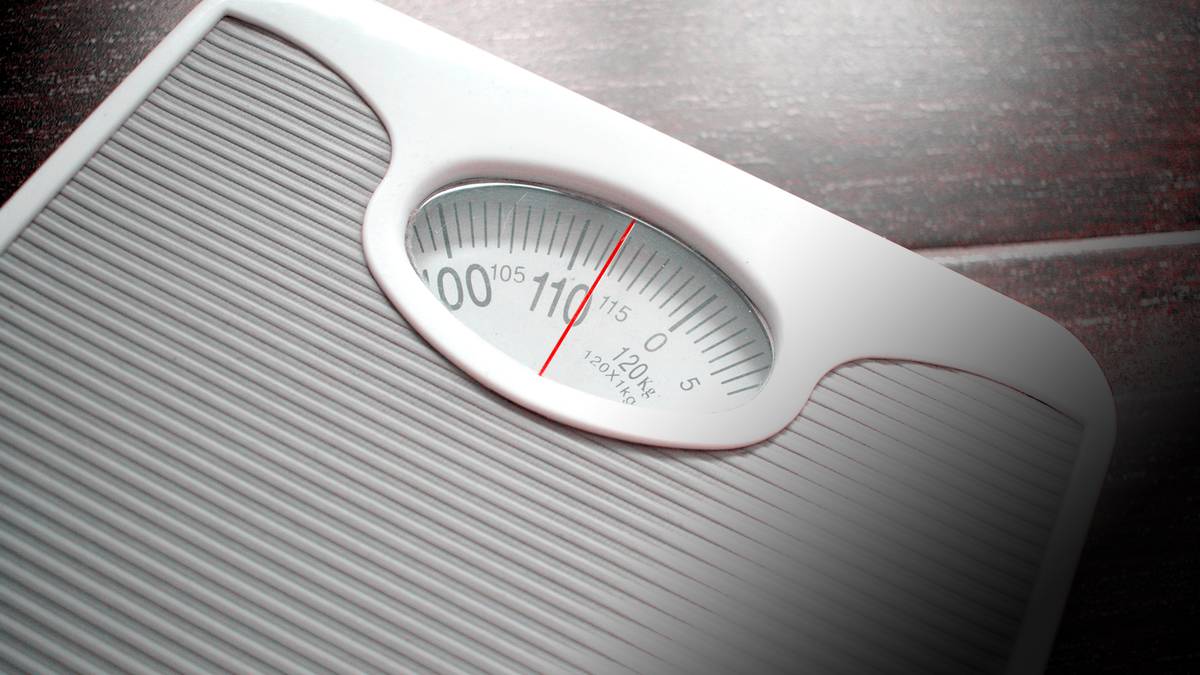Condottiere
SOC-14 5K
A traveller weighing 68kg in New Zealand could lose up to 3g when in the Maldives or Canada’s Hudson Bay, where there are areas of lower relative-gravity. The difference is not massive, around 1/25,000 of your bodyweight, but it’s a start.
What it does tell us is that the makeup of the planet is very different under foot, affecting the weight and gravitational force on the surface.
Satellites from Nasa’s GRACE mission (Gravity Recovery and Climate Experiment) have been mapping the differences for years. While ocean measuring stations have suggested there is a difference the use of satellite imaging to measure water density has allowed Nasa to build high definition of gravity.
The lowest gravity on the planet is found at the southern tip of Sri Lanka and parts of the Indian Ocean east of the Maldives. North Canada around the Hudson Bay area is also an area of low gravity.
The difference is thought to be down to the thickness of the Earth’s crust and the volume of molten rock and magma, beneath the surface.
“The Canadian anomaly has been known for a long time,” said Dan Britt, director of the Center for Lunar and Asteroid Surface Science. The physicist from the University of Florida told the Daily Mail, it is now thought that the changes came about during the last Ice Age when enormous glaciers pressed down on the Earth’s surface.

 www.nzherald.co.nz
www.nzherald.co.nz
Now we know where to place the starports for all those free traders with manoeuvre drive factor one.
What it does tell us is that the makeup of the planet is very different under foot, affecting the weight and gravitational force on the surface.
Satellites from Nasa’s GRACE mission (Gravity Recovery and Climate Experiment) have been mapping the differences for years. While ocean measuring stations have suggested there is a difference the use of satellite imaging to measure water density has allowed Nasa to build high definition of gravity.
The lowest gravity on the planet is found at the southern tip of Sri Lanka and parts of the Indian Ocean east of the Maldives. North Canada around the Hudson Bay area is also an area of low gravity.
The difference is thought to be down to the thickness of the Earth’s crust and the volume of molten rock and magma, beneath the surface.
“The Canadian anomaly has been known for a long time,” said Dan Britt, director of the Center for Lunar and Asteroid Surface Science. The physicist from the University of Florida told the Daily Mail, it is now thought that the changes came about during the last Ice Age when enormous glaciers pressed down on the Earth’s surface.

Nasa reveals why you'll lose weight on a holiday to Sri Lanka, but not Borneo
Weight gain is a common complaint of holidaymakers. Now you can blame the planet.
Now we know where to place the starports for all those free traders with manoeuvre drive factor one.
